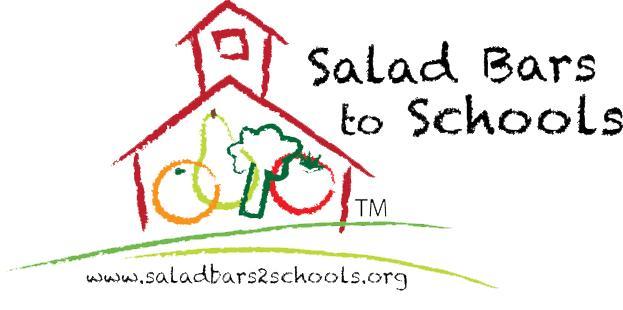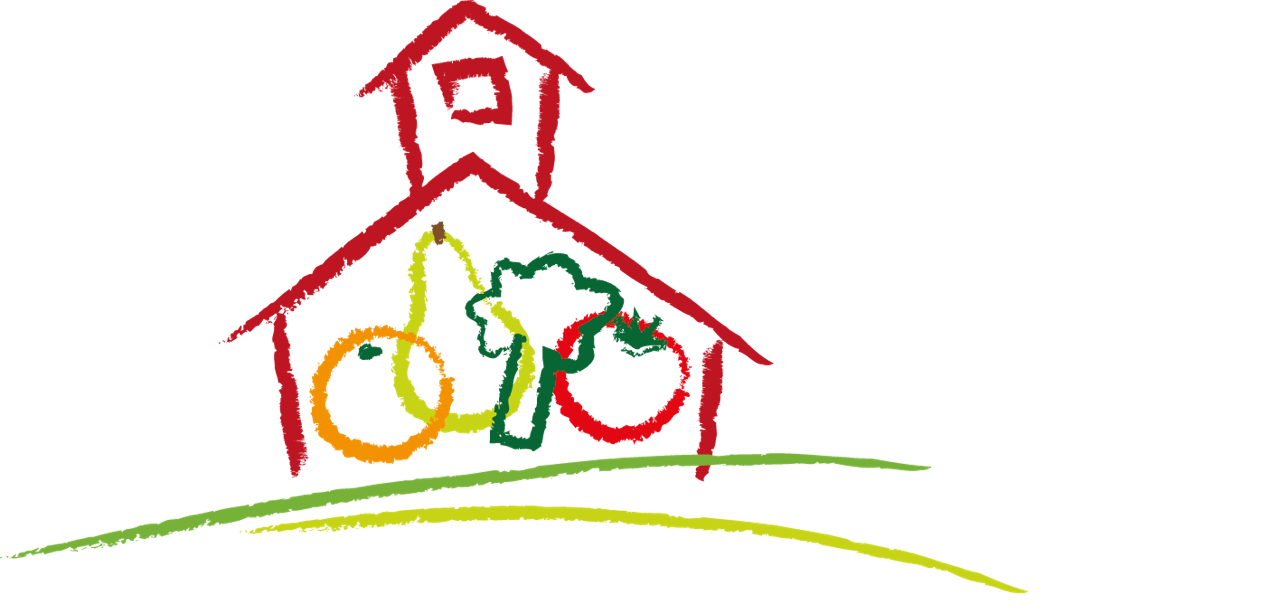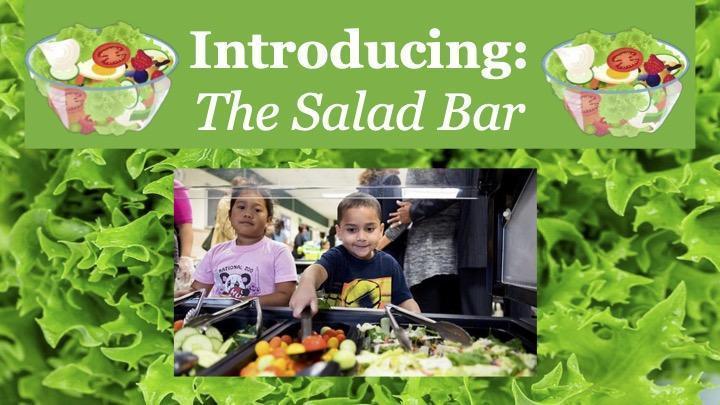Salad Bars and Nutrition Education: A Dream Team in Bridgeton, New Jersey

Salad Bars to Schools recently caught up with Food Service Director Warren DeShields and FoodCorps service member Jenny Reed at the Bridgeton Public Schools in New Jersey to learn a little more about their meal program, salad bars and how they bring it all together with some engaging nutrition education activities!
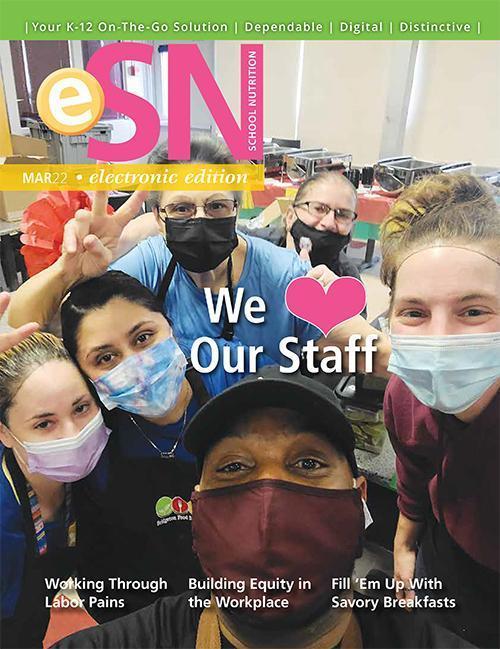
Bridgeton Public Schools in New Jersey consists of 8 schools with a free and reduced rate of 57%. Food Service Director Warren DeShields previously worked as a sous chef for a busy hotel in New Jersey and started in the Bridgeton Schools as a Cafeteria Manager at the High School in 2000. Since then, he worked his way up to the role of Food Service Director for the district and is a past president of the New Jersey School Nutrition Association. Jenny Reed, a FoodCorps service member, started in the district in the fall of 2021, following her passion for education, sustainability, and local procurement. We recently sat down with both Warren and Jenny to learn more about the salad bar program at Bridgeton Schools.
How did you learn about salad bars?
Warren: “I had been talking with Rodney Taylor (previous Food Service Director for Fairfax County Public Schools in VA) because we were dealing with the same issues with health, diabetes and blood pressure, and learned about his salad bars.”
Rodney Taylor first piloted salad bars in the Riverside Unified School District in CA, and then applied for salad bars for Fairfax County Public Schools in 2017; the district currently has over 100 salad bars in their elementary schools thanks to the Salad Bars to Schools grant program.
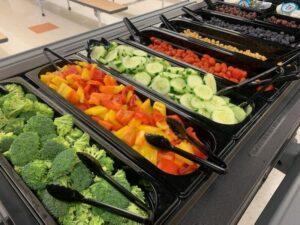 This past spring, Warren opened salad bars at Buckshutem Road Elementary, Quarter Mile Lane Elementary, and Broad Street Elementary Schools. A $25K local procurement grant from The Common Market, a Philadelphia-based nonprofit whose mission is to connect communities to good food grown by sustainable family farmers, allowed the district to purchase local produce for their salad bars. This, along with a partnership with FoodCorps and matching local procurement funds from the district, helped Warren’s salad bar dreams start to become a reality.
This past spring, Warren opened salad bars at Buckshutem Road Elementary, Quarter Mile Lane Elementary, and Broad Street Elementary Schools. A $25K local procurement grant from The Common Market, a Philadelphia-based nonprofit whose mission is to connect communities to good food grown by sustainable family farmers, allowed the district to purchase local produce for their salad bars. This, along with a partnership with FoodCorps and matching local procurement funds from the district, helped Warren’s salad bar dreams start to become a reality.
Jenny, as part of your FoodCorps training to work in schools you took the online School Food 101 course through Chef Ann Foundation’s School Food Institute. How do you feel this course helped to prepare you for your work in the Bridgeton Schools?
Jenny Reed: “School Food 101 had lots of useful information. Working in school food there are so many rules and regulations. The course helped me be more aware of the tools and tactics to keep kids healthy in school.”
As the salad bars were rolled out one at a time, Jenny used her school food knowledge, working closely with Warren, to support the implementation of each salad bar. She spent the weeks leading up to implementation educating the students, and the first week of each salad bar launch working in the cafeteria to support the staff with the new process.
How did you prepare students and staff for using the salad bars?
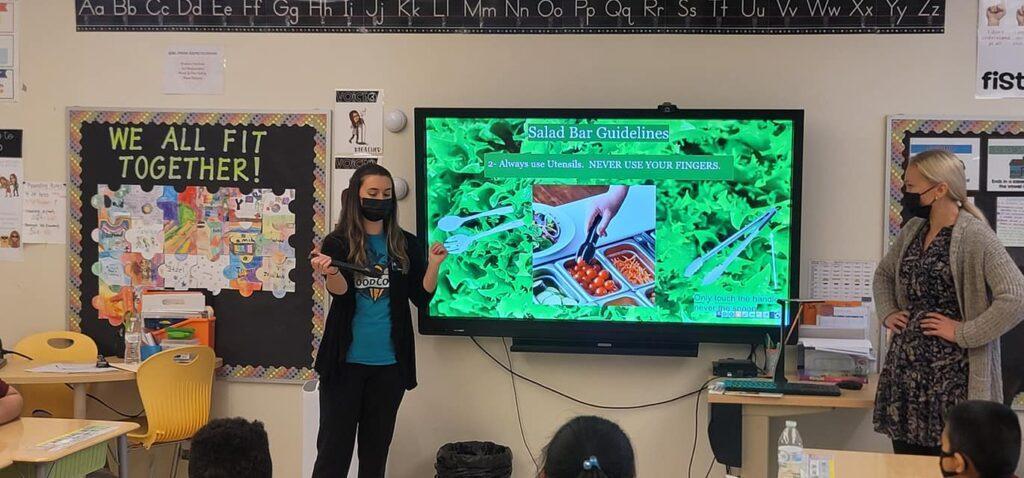
Jenny: “I partnered with our district’s dietetic intern Angelique Szymanski, and with some help from the tech department we made a training video and sent it to the teachers to review with the students about how to use the salad bar. We also did a mock salad bar with the students. We implemented the salad bars one at a time and I spent the first week at each school being an extra set of hands to help staff get used to the new process.”
Their educational salad bar implementation video can be viewed HERE.
Reed also created classroom lessons that connected to the cafeteria including (click the links to download the lessons):

Supporting signage for the salad bars centered on local foods and making a rainbow was also created by Jenny Reed: Download PDFs of the signs below:
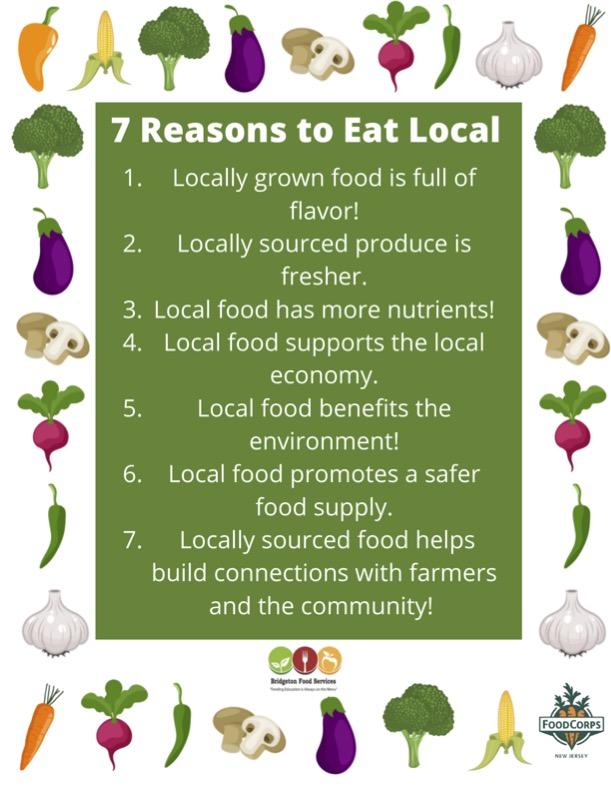
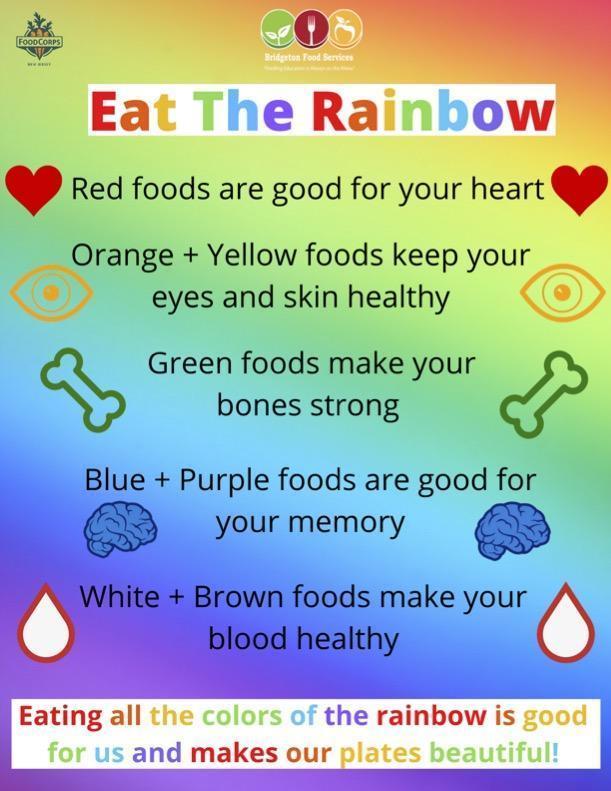
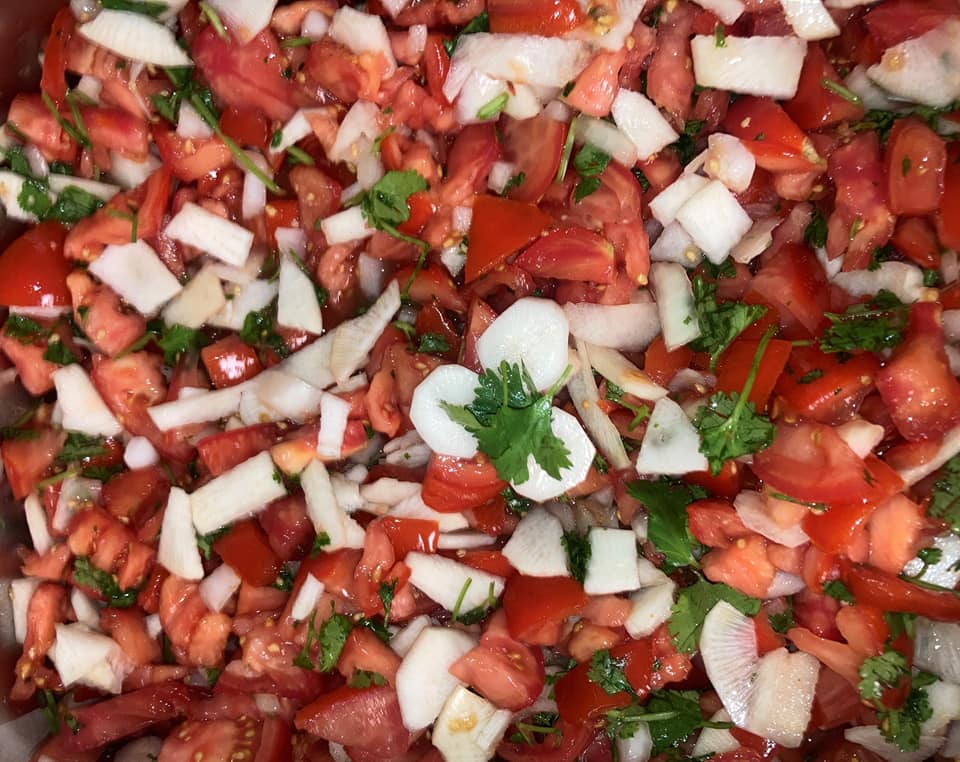
Bridgeton schools are currently growing produce for the cafeteria using two greenhouses, one hydroponic growing unit, and one raised bed.
Jenny : “We recently harvested some radishes from Indian Aves School
garden and I created a radish pico de gallo recipe with them.”
Check out out Jenny’s Radish Pico Recipe: Radish Pico de Gallo Recipe.docx
Warren: “The salad bar is really great because it’s an easy way to put what we grow on there.”
What are some of your students’ favorite items on the salad bar?
Jenny: “Definitely blueberries- they are Jersey fresh! Also cucumbers and corn. “
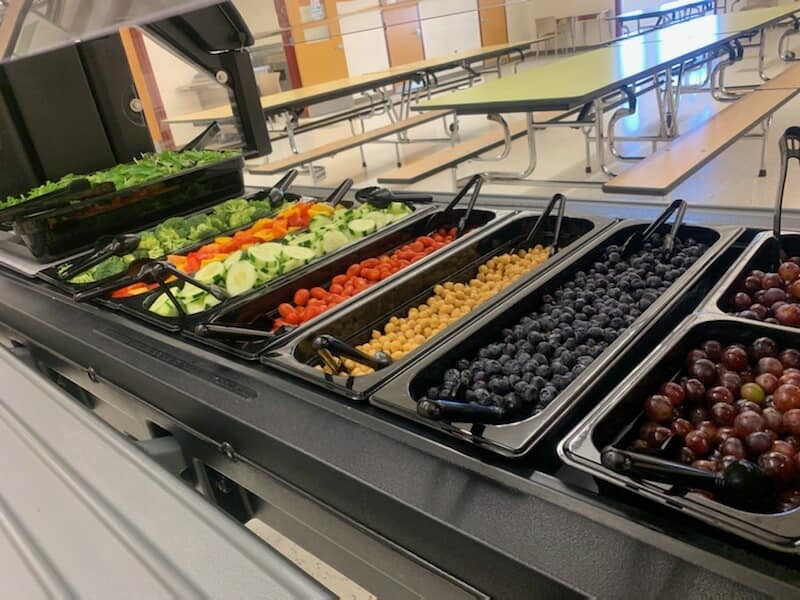
Warren: “What’s surprising is that the kids rarely use salad dressing! We teach them to try things multiple times- didn’t like it the first time? Maybe try it again but with dressing. But what’s interesting is that they rarely use it!”
Do you have a fun fruit or vegetable recipe that is unique to your schools?
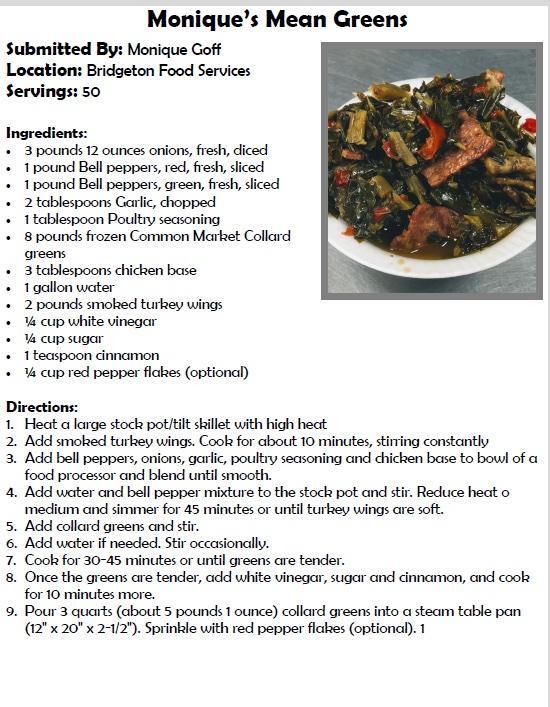 Warren: “Monique’s Mean Greens” recipe is collard greens that we serve with oven fried chicken.
Warren: “Monique’s Mean Greens” recipe is collard greens that we serve with oven fried chicken.
Check out Monique’s Mean Greens Recipe
How do you get student feedback and buy-in for new menu items?
Warren: “We have an app on our website for feedback, and when we started the salad bars we did a “Star Survey” about what local foods they like. We also have a student ambassador program which helps us acquire feedback. As they learn from us we can learn from them.”
Do you have any advice for new salad bar recipients?
Warren: Call FoodCorps: Their programs can really help get a salad bar started, especially with taste tests and connections to the garde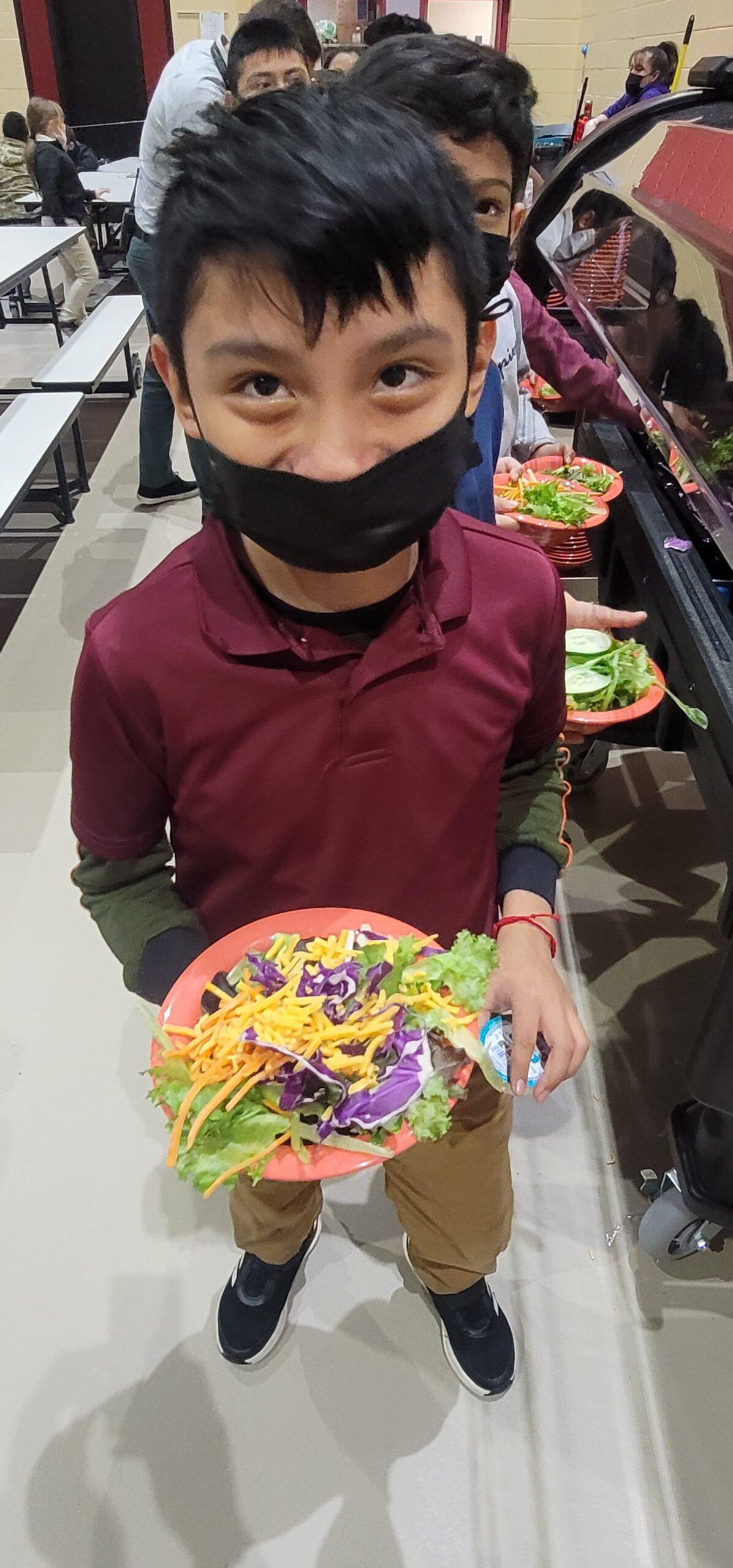 n. Then work with stakeholders. You wouldn’t believe the steam that has gotten going because of the work being done in Bridgeton.
n. Then work with stakeholders. You wouldn’t believe the steam that has gotten going because of the work being done in Bridgeton.
You can follow Bridgeton Public Schools Food Services journey on Facebook and Get started with salad bars for your own school food program by applying to Salad Bars 2 Schools (SB2S) here! All approved applications now receive 2 free enrollments to the online Salad Bars in Schools course through School Food Institute to help prepare for implementation. The online course is self paced and can satisfy USDA training requirements. The course goes in-depth into the planning needed for salad bar implementation, as well as recipe development, procurement, and lunchroom education strategies to keep students educated, excited and engaged!
